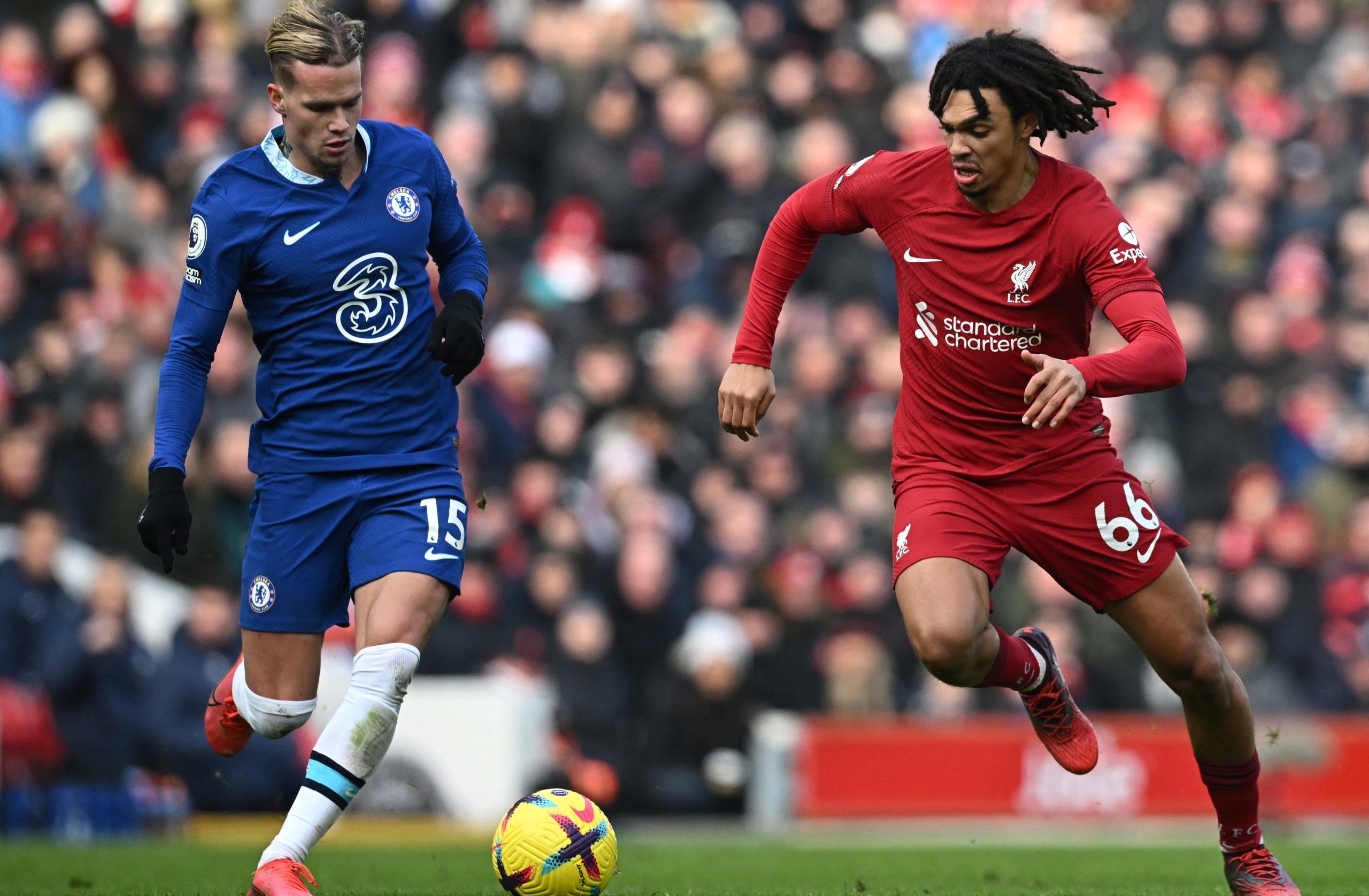In 1996, a Big Mac cost £1.79 and Alan Shearer £15 million. Today, the price of a Big Mac has just about doubled to £3.49, but to buy an even half-decent left back will set you back three or four times Shearer’s old world record fee. Chelsea alone now have two left backs who cost more than £50 million. Britain might no longer be a particularly wealthy country, but it is home to an insanely rich football league; a league so rich, in fact, it is in danger of ruining something far more precious: the rolling operatic drama of European club football.
To illustrate the point, take a quick look at the last football transfer window, which closed yesterday. Just an hour before the deadline, Chelsea finally secured their number one target by paying £107 million for the Argentinian midfielder Enzo Fernández. With his signing, the club took their total transfer spending in January above £300 million. To put this in context, that is more than every club in Europe’s other four major leagues (Spain’s La Liga, Italy’s Serie A, Germany’s Bundesliga and France’s Ligue 1) combined.
Chelsea’s extraordinary spending spree is not some freakish anomaly either, but indicative of a broader trend in European football. English clubs are no longer just a little bit richer than their continental counterparts, but much richer. Such is the financial gulf between the Premier League and all the other leagues in Europe that the team which finishes bottom of the league in England will earn more in TV broadcasting rights than all but the top three clubs in Spain, the next richest league in world football.
According to Deloitte’s annual football rich list, English clubs now make up 11 of the 20 wealthiest clubs in the world — measured by revenue — and three of the top four. Relatively unsuccessful, mid-table strugglers like West Ham now bring in more money than Italian superclubs like AC Milan. Deloitte now expects every club in the Premier League to soon automatically become one of the top 30 richest clubs in the world.
To some extent, the Premier League’s wealth is good for everyone. Like the Harry & Paul sketch, ‘I Saw You Coming’, Europe’s feeder clubs have turned themselves into cynical antique dealers ripping off the idiot middle classes prepared to buy any old tat for astronomical prices. Today, Europe’s clubs seem to charge one price for an English club and another for almost everybody else. Chelsea’s new £105 million man Fernández only moved to Benfica last summer for around £10 million. Who, really, are the losers here?
Yet I think this is a little too sanguine. England’s financial dominance is putting real pressure on the other European leagues. And over the past few years cracks have started to show. Italy’s biggest club Juventus have recently been caught apparently fiddling the books to keep up with the Joneses. Barcelona, meanwhile, have come close to financial ruin. Even Real Madrid, probably the biggest club in the world, have been forced to accept they can’t buy everyone.
The biggest sign of distress, though, was the attempted creation of the European Super League (which is still being pursued by some of the continent’s superclubs). It was brought to a halt largely by English football fans who saw it as a challenge to the traditional league structure. In many ways, though, the Super League was less a challenge to the supremacy of the Premier League and more a kind of mutated expansion by its most powerful clubs. To some extent, it was a white flag being waved by the great European clubs, giving up and joining the English elite. Of the 12 clubs supposed to join, six were English, three Italian and three Spanish. It was an attempt — perhaps the last attempt — to lasso the wild horses of the Premier League before they gallop away.
The imbalanced greed in European football has already sucked the joy out of some of the greatest fixtures in the world, but we now barely seem to recognise this reality. Today, historic clubs with giant fanbases find it almost impossible to compete in European football, just as South American clubs now simply accept their fate feeding their best players to Europe for a profit. Rangers, Marseille, Ajax, Benfica, Anderlecht, Borussia Dortmund, Fenerbahçe — great clubs now often unable to put up a fight. And so the romance and drama is dulled, the adrenalin sapped. None can compete. What if this happens to the Italian, German or even Spanish clubs too? We’d all lose.
It would be better for everybody if the Premier League got worse. I’m now pro-decline.











Join the discussion
Join like minded readers that support our journalism by becoming a paid subscriber
To join the discussion in the comments, become a paid subscriber.
Join like minded readers that support our journalism, read unlimited articles and enjoy other subscriber-only benefits.
Subscribe